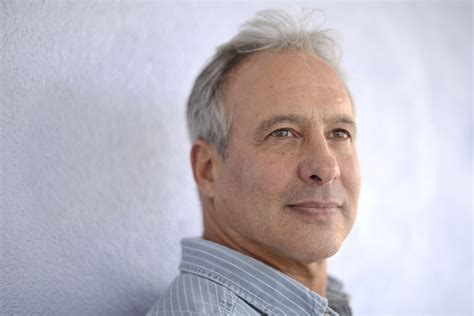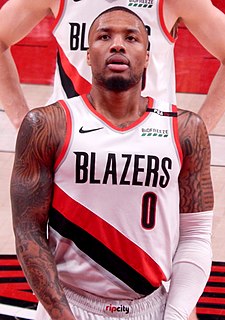A Quote by Omari Hardwick
As a poet, I would always hear emcees come up to me and say, 'Yo, you should rap,' and I was like, 'No.' You know, the label was tough for me. I'm a poet. I was proud of that distinction between the two, not wanting to be the other.
Related Quotes
I know that in a poem, even when the speaker is speaking from the poet's experience, there's always something that's borrowed, some authority that sits outside of the poet that the poem has claimed. There's a dramatic pitch that makes the speaker capable of saying something more courageous or stranger or simply other than what the poet would be able to say.
I once gave a workshop and I asked the women poets there, If you went back to that little town you've come from - these were from small towns - would you say, I'm a poet? And one of them said, If I said I was a poet in that town, they'd think I didn't wash my windows. And that stayed with me for so long, the sense of the collective responsibility of someone as against the individual thing it takes to be a poet.
There is this tendency to think that if you could only find the magic way, then you could become a poet. "Tell me how to become a poet. Tell me what to do." . . . What makes you a poet is a gift for language, an ability to see into the heart of things, and an ability to deal with important unconscious material. When all these things come together, you're a poet. But there isn't one little gimmick that makes you a poet. There isn't any formula for it.
A writer, or at least a poet, is always being asked by people who should know better: “Whom do you write for?” The question is, of course, a silly one, but I can give it a silly answer. Occasionally I come across a book which I feel has been written especially for me and for me only. Like a jealous lover I don’t want anybody else to hear of it. To have a million such readers, unaware of each other’s existence, to be read with passion and never talked about, is the daydream, surely, of every author.
One of the appeals of William Carlos Williams to me is that he was many different kinds of poet. He tried out many different forms in his own way of, more or less, formlessness. He was also a poet who could be - he was a love poet, he was a poet of the natural order and he was also a political poet.
I feel like when it comes to rap - like, real rap music - and knowing the pioneers of rap, I feel like there's no competition for me in the NBA. Other guys can rap, but they're not as invested or as deep into actual music as I am and always have been. I think that might be what the difference is. I'm more wanting to be an artist.




































